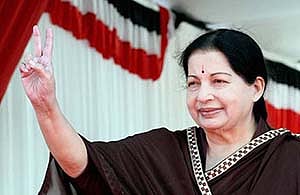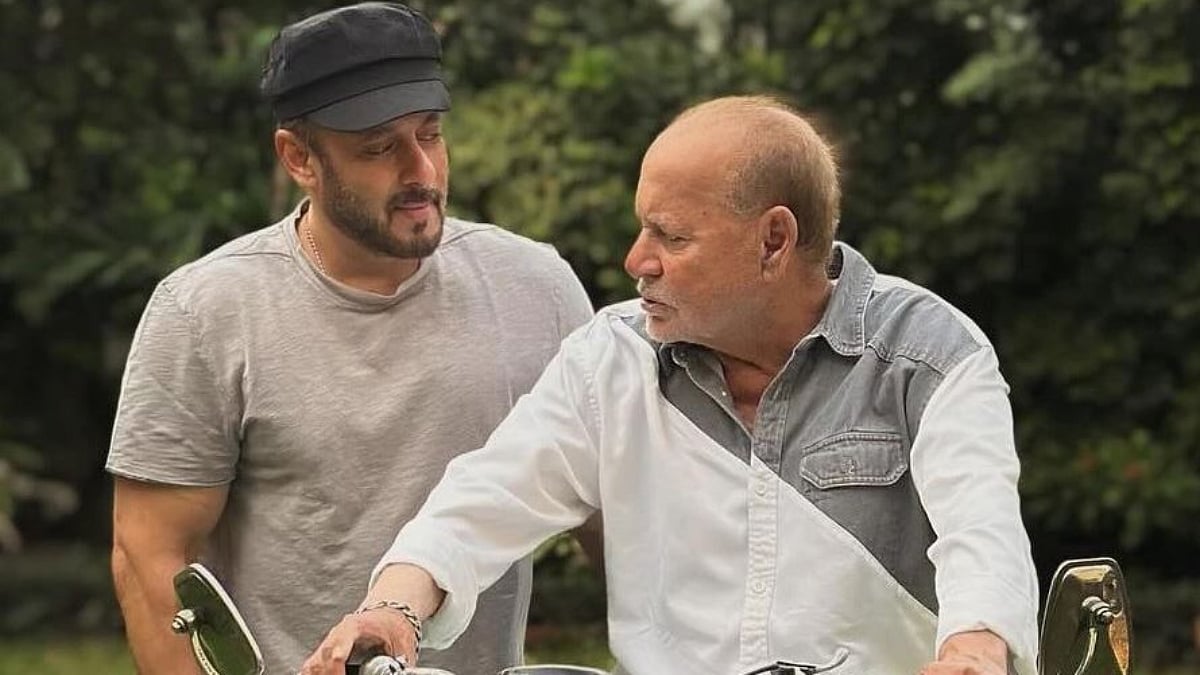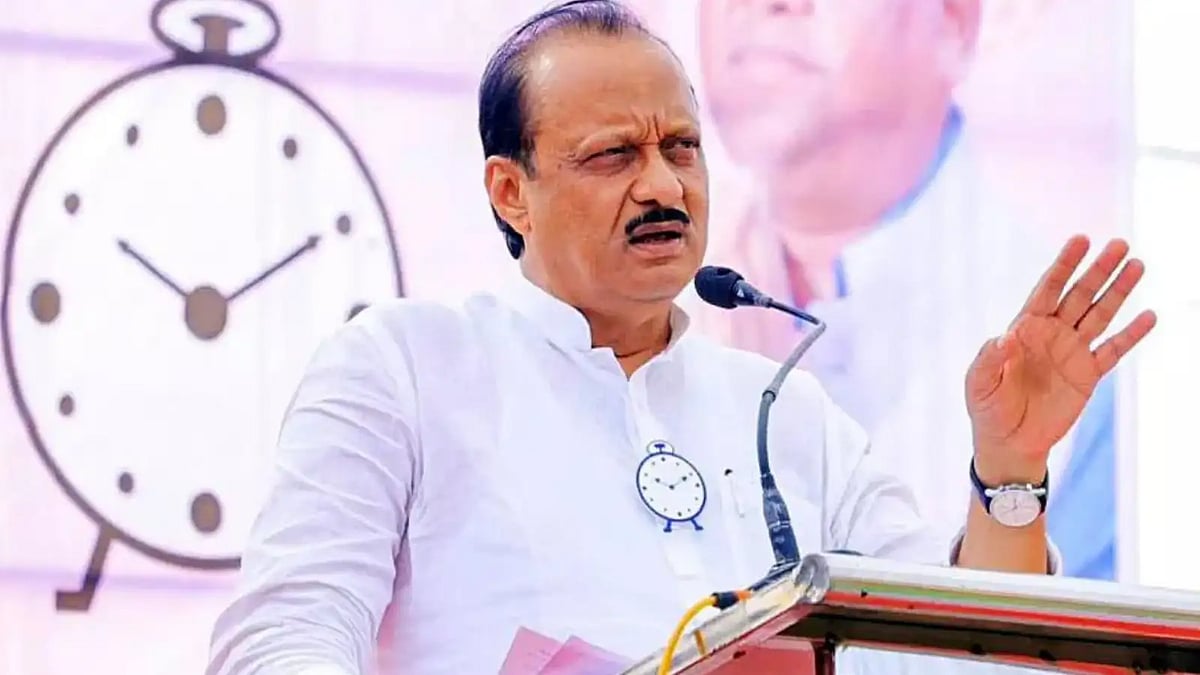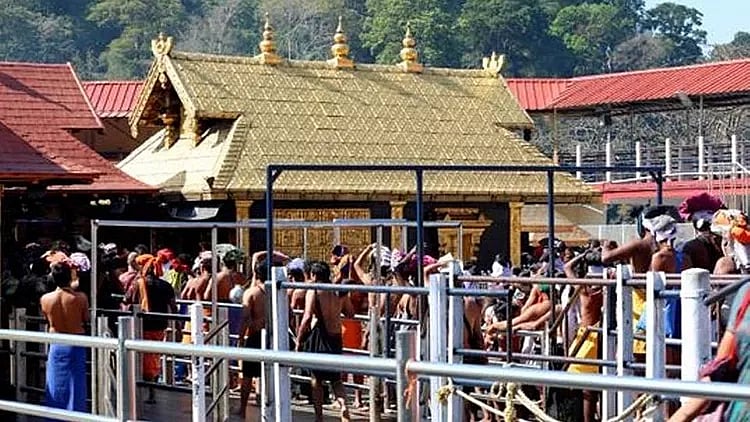Mamata Banerjee, J Jayalalithaa, Mayawati, Sushma Swaraj and Sonia Gandhi have all braved every manner of attack, within their parties and without, in the course of their political careers

This is something that Indian males are not going to like at all. They are surely the dominant characters in all walks of life, but come mid-May 2014, and they will discover that the key to government formation is in the hands of five women. Already, the trinity of the three powerful women, Mamata-Jaya-Maya, has been converted into an acronym – MAJAMA – the Gujarati word for all is well, but ironically, spelt in the context of the power game, this is nothing but trouble for the Gujarati claimant, who has opted to be single after marriage.
Add to this trinity the fourth powerful lady politician, Sonia Gandhi, whose party is being written off by all pundits and pollsters. She has single-handedly dominated the country’s power structure for the last ten years, and though her critics may scoff at that, is the only one to have refused the coveted prime ministerial post. But the same critics agree that she has enjoyed power without the responsibility of office. Regardless of the extent of depletion in the strength of the party this summer, she will always be a player in the power game. Indeed, if the numbers for the non-Congress, non-BJP parties, indicated by the poll surveys, do turn out to be the real ones, then with her nod, anyone from the MAJAMA group could become a serious contender for the prime minister’s post.
One is well-aware of the anti-women proclivities of the BJP and its mentor, the RSS. So to suggest that Sushma Swaraj is the fifth woman who would count in this power game, may appear incorrect, prima facie. But let us reflect on this position a bit longer, and keep in mind the fact that for five years, Swaraj was the leader of the opposition in the 15th Lok Sabha.
In Westminister-style democracy, this is the position of the shadow prime minister. True, power within the BJP has never rested with Swaraj, in the manner her position demanded, but it is also equally true that she is someone who cannot be brushed aside easily. Should the woman power coalesce and plump for Swaraj, then the mal(e)contents within the party cannot deny her the prize.
In this election, we have heard a lot of rhetoric about women’s empowerment from all sides. The corporate world also talks of breaking the glass ceiling for women. But we all know that nothing terrifies the men more than the prospect of real power passing over to a woman. Recall the ferocity with which the Americans reacted when the prospect of Hillary Clinton becoming the Democratic candidate for presidency became real. Also, jog your memory and recall the sigh of relief that was heard when she lost the nomination to Barack Obama. The message was clear – while America was ready for a black president, it was not ready for a woman president. Perhaps by 2016, the situation might change, but the fear of a woman president seems eternal.
To harp on women who have held positions in India in the past is to overlook the significance of the current woman power. All the five – Sonia, Sushma, Mamata, Jaya and Maya – have reached these positions of power and influence against all odds. They have all braved every manner of attack – within their parties and without, in the course of their political careers. Indeed, they have all more than held their own in a man’s world. They may not qualify for the description that is reserved for Indira Gandhi — that she was the only man in her cabinet — but then their leadership performance is no less substantive.
No one knows how the numbers will stack up when the votes are counted this mid-May, and in this season of changing alliances and partners, what kind of coalition combos would work out at the end. But there is a lot to be said about the virtues of rule by a woman, and all the three women chief ministers in this combo have proved to be decent enough administrators as well. Each of them can harness this experience at the national level, may be with great results, although these could be slightly tilted in favour of their respective states. However, this is a natural downside to any federal system. All railway ministers have been overtly partial to their states, so what is the big deal if some prime minster also takes the same route?
The idea of Sonia Gandhi as prime minister sounds pretty unthinkable at this stage, but who can deny that as the chairperson of the UPA, she has demonstrated the ability to run a coalition for ten years, with a lot of success. This by itself adds to her acceptability as the leader/prime minister of yet another coalition. By contrast, her son hardly qualifies to be a coalition builder. However, this is an idea that is sure to ignite the political fires again. More so, when you recall Sushma Swaraj’s sack cloth and all the reaction to it.
But all this could come a cropper should the three ladies who could form the core of the non-Congress, the non-BJP construct with their 80-100 seats aggregate split and go their separate ways, choosing to go firmly with the BJP. In that event, the route of all possibilities within the BJP shall open up and at the diktat of the Sarsanghchalak, the swayamsewaks may start chanting NaMo, NaMo again.
Well, right now these three ladies have been saying that they would not support NaMo, but then is there a lady who does not change her mind? Indeed, no less than Shakespeare has testified to the fickleness of a woman’s mind. Moreover, barring Mayamemsaab, the other two are safely ensconced in their kingdoms and this option could also escalate their position to being kingmakers at the centre. Let there be no illusion that the other two will be losers. Even should that eventuality come to pass, there would just be a role reversal, with Sushma and Sonia switiching from the opposition to the ruling side and vice versa, and the game will continue.
Anil Sharma









